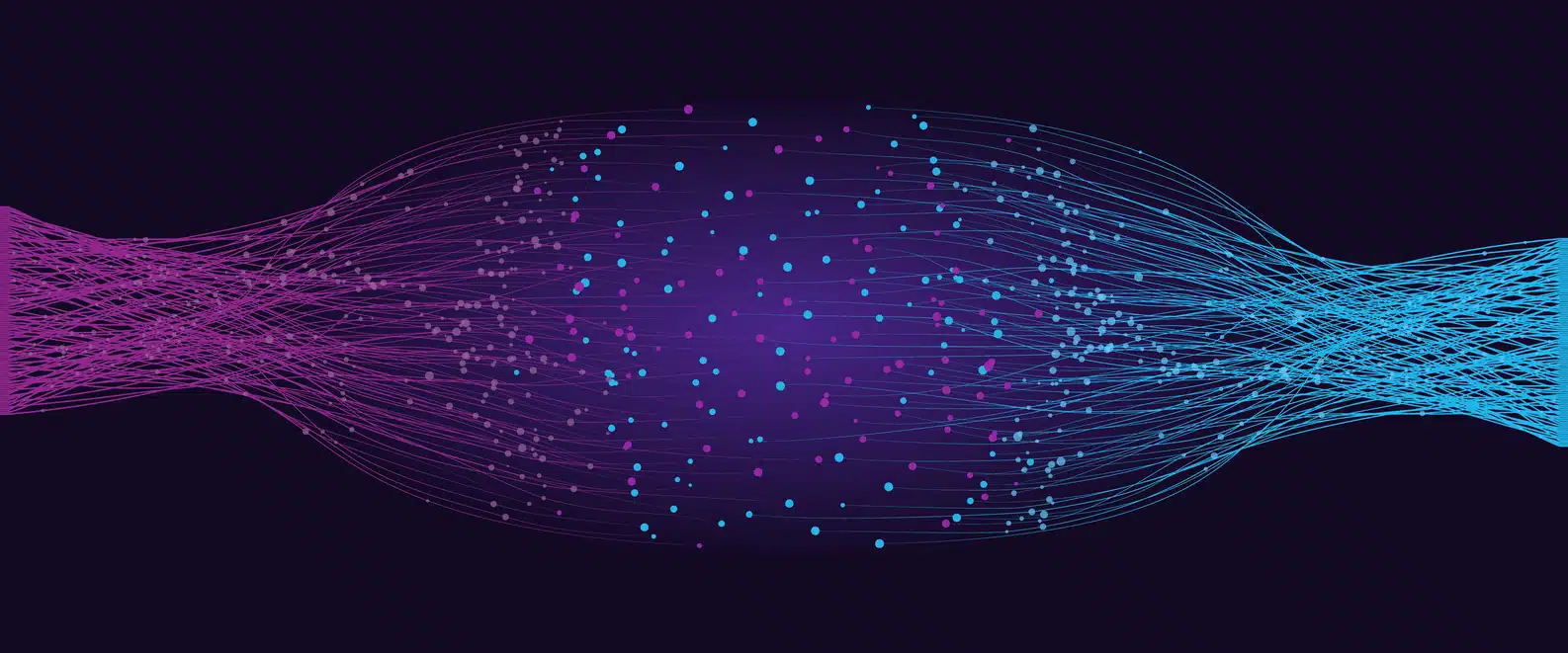Data Privacy Regulations: What to Know

Personal information has become a valuable asset over the last several decades, leading to the establishment of stringent data privacy regulations like the General Data Protection Regulation (GDPR) and the California Consumer Privacy Act (CCPA). These laws aim to protect individuals’ privacy rights by regulating how organizations collect, store, and process personal data. Compliance with such regulations is not only a legal obligation but also a critical factor in maintaining customer trust and avoiding substantial penalties.
To navigate these complex requirements efficiently, organizations can leverage advanced tools like the Actian Data Intelligence Platform, which integrates metadata management and data governance practices to automate compliance processes.
Here’s what you should know about data privacy regulations and how the platform can help.
Understanding Data Privacy Regulations
Data privacy regulations establish guidelines and requirements for organizations that collect, store, process, and share personal information. The main goal is to ensure transparency, accountability, and control for individuals over their data.
Let’s explore two of the most prominent regulations, GDPR and CCPA.
General Data Protection Regulation (GDPR)
The GDPR, which came into effect in May 2018, is one of the most comprehensive data privacy laws globally. It applies to any organization that processes the personal data of European Union (EU) citizens, regardless of where the company is based. Key requirements under GDPR include:
- Lawful Processing: Organizations must have a valid legal basis for collecting and processing personal data. Reasons for data collection must be disclosed and users must consent to data collection.
- Data Subject Rights: Individuals have the right to access, rectify, erase, and restrict the processing of their data.
- Data Portability: Users can request to receive their data in a structured, commonly used format.
- Breach Notification: Companies must notify authorities of data breaches within 72 hours.
- Accountability and Governance: Organizations must implement proper security measures and maintain detailed records of data processing activities.
Failure to comply with GDPR can lead to fines of up to €20 million or 4% of annual global turnover, whichever is higher. These fines apply to companies that violate GDPR rules, regardless of the geographical location.
California Consumer Privacy Act (CCPA)
The CCPA, which went into effect in January 2020, is a comprehensive privacy law that gives California residents more control over their personal data. Some of its key provisions include:
- Right to Know: Consumers can request to know what personal data is collected and how it is used.
- Right to Delete: Individuals can ask businesses to delete their personal information.
- Right to Opt-Out: Users have the right to opt out of having their data sold to third parties.
- Non-Discrimination: Organizations cannot discriminate against consumers who exercise their privacy rights.
Businesses that fail to comply with CCPA may face fines and legal consequences, including private lawsuits for data breaches.
The Importance of Complying With Data Privacy Regulations
Beyond legal requirements, compliance with data privacy laws carries significant business benefits:
- Building Customer Trust: Consumers are more likely to do business with organizations that prioritize data protection.
- Avoiding Legal Penalties: Non-compliance can lead to substantial fines and lawsuits.
- Enhancing Operational Efficiency: A well-structured data governance framework improves internal data management and security.
- Gaining Competitive Advantage: Companies that demonstrate strong data privacy practices can differentiate themselves in the market.
Challenges in Achieving Compliance
Despite its importance, compliance with GDPR, CCPA, and other data regulations presents numerous challenges:
Data Discovery and Mapping
Organizations must identify and document all personal data they collect and hold, including its source, storage location, and usage. This can be a complex and time-consuming task, especially for large enterprises.
Data Subject Rights Management
Responding to user requests for data access, modification, or deletion requires efficient processes and systems.
Continuous Monitoring and Reporting
Regulations mandate continuous monitoring of data processing activities to ensure compliance, requiring robust tracking and reporting tools.
How the Actian Data Intelligence Platform Helps Organizations Automate Compliance
Actian’s data intelligence platform is designed to help organizations address these challenges by integrating metadata management and data governance practices.
Here are the key ways the Actian Data Intelligence Platform supports compliance automation:
1. Automated Data Discovery and Cataloging
The platform automatically scans and catalogs data assets across an organization, creating a centralized metadata repository. This allows companies to easily identify and classify personal data, streamlining compliance efforts.
2. Personal Data Identification and Classification
The platform employs intelligent algorithms to detect and categorize personal data within datasets. By tagging data assets that contain personal information, organizations can better manage and protect sensitive data.
3. Data Lineage and Impact Analysis
The platform provides detailed data lineage capabilities, allowing organizations to trace the flow of data from its origin to its current state. This transparency helps businesses understand how personal data is processed and ensures compliance with regulations.
4. Data Subject Rights Management
With a clear inventory of personal data, organizations can efficiently respond to data subject requests. The Actian Data Intelligence Platform supports tracking and managing these requests to ensure timely and accurate responses.
5. Policy Enforcement and Monitoring
The platform enables the definition and enforcement of data governance policies, ensuring that data handling practices align with regulatory requirements. Continuous monitoring capabilities alert organizations to potential compliance issues, allowing for proactive remediation.
6. Audit Trails and Reporting
The platform maintains comprehensive audit logs of data access and processing activities. These logs are essential for demonstrating compliance during audits and for internal reporting purposes.
Automate Data Compliance With the Actian Data Intelligence Platform
Compliance with data privacy regulations like GDPR and CCPA is essential for organizations to protect individual privacy rights, maintain customer trust, and avoid significant penalties. However, achieving and sustaining compliance can be challenging without the right tools.
Actian’s data intelligence platform addresses these challenges by automating data discovery, classification, lineage tracking, and policy enforcement. By integrating metadata management and data governance practices, the platform empowers organizations to navigate complex data privacy compliance efficiently and effectively.
Ready to see how the Actian Data Intelligence Platform can automate data compliance for your organization? Request a personalized demo today.








